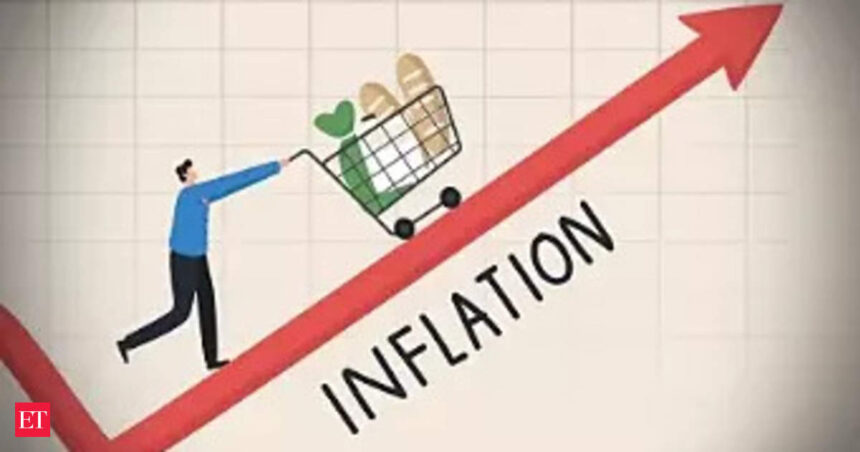Economists are reassessing their predictions for interest rate cuts in India following a surprise uptick in inflation last month, driven by soaring food prices.
Several experts, including Upasna Bhardwaj of Kotak Mahindra Bank Ltd. and Gaura Sen Gupta of IDFC First Bank Ltd., believe that the Reserve Bank of India (RBI) is unlikely to reduce interest rates in December as previously anticipated. This shift comes after data released on Monday revealed that consumer prices experienced the fastest increase so far this year in September. While institutions like Goldman Sachs Group and Deutsche Bank AG still anticipate a rate cut in December, the likelihood of the move being delayed until next year has increased.
Kotak’s Bhardwaj noted that with near-term inflation expected to hover around 5%, caution is likely to prevail among rate-setters. As a result, she now foresees a rate cut in the first half of next year.
The RBI recently adjusted its policy stance to neutral, signaling a potential shift ahead. Governor Shaktikanta Das has maintained the benchmark rate for over 20 months, emphasizing the need to stabilize inflation at the 4% target level before considering easing monetary policy. September’s inflation surpassed economists’ median forecast of 5.1%, following August’s 3.65% figure. On a month-on-month basis, prices rose by 0.6% in September, compared to no change in August.
The surge in inflation was primarily driven by food prices, which account for half of the consumer price index. Vegetable prices, in particular, jumped by 36% year-on-year. Excluding food and fuel, core inflation slightly accelerated to 3.56%.
Goldman Sachs’ analysts expressed concern over the unexpected spike in vegetable prices, casting doubt on their previous prediction of a rate cut in December. However, they anticipate a reversal in vegetable prices in October, with a potential decline in November-December as fresh harvests arrive.
While the RBI had anticipated a rise in September inflation, the sharper-than-expected increase has prompted economists to revise their forecasts. Citigroup Inc.’s Samiran Chakraborty, who initially expected rate cuts to begin in February, now anticipates a delay until April.
Despite the recent inflation spike, there are indications that inflation may ease in the coming months due to above-average rainfall. India’s successful monsoon season bodes well for a strong crop yield, particularly for staples like rice, potentially uplifting rural economies.
Bank of America Corp.’s Rahul Bajoria pointed out that while the recent inflation data poses challenges, it doesn’t completely rule out the possibility of an interest rate cut in December. He mentioned potential downside risks to the RBI’s growth forecast of 7.2% for the fiscal year ending in March, suggesting a faster pace of rate cuts may be necessary.
In conclusion, the evolving inflation scenario and economic outlook in India are likely to influence the RBI’s future monetary policy decisions.










